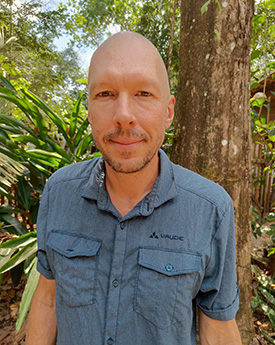About us
The PEAT research group is founded on the principle that economic, political and social aspects of food production are a vital focus for research that facilitates an agroecological transition. We conduct responsible, emancipatory and engaged academic work on the social, economic and political aspects of agriculture, food, fisheries and rural life.
The global food system is a central driver of climate change and biodiversity loss. It is also associated with the expropriation of smallholders and their replacement with exploitative labour. These dynamics have been shaped by agrarian transitions to colonial, industrial and capitalist agriculture, beginning with the plantation model and progressing through the so-called “green revolution” around the world.
It is broadly accepted that a new transition away from this profit-driven food system is necessary to make agriculture sustainable, but there is little agreement on what this transition should be: do we need more technologically innovative, modernised and intensive “climate smart” farming, or a move to less intensive methods?
The international agroecology movement argues that a transition to agroecology and food sovereignty promises a more positive and just ecological future, where people can be well fed and have good relations to land and the ecosystems they live within. This would enable the persistence of traditional and indigenous food and farming cultures and lifeways, ineluctably eroded by industrial agriculture, fishing, and food supply chains. A transition to agroecology would also bring social and ecological benefits including increased biodiversity and greater control over the food system by those who work in and rely on it.
One of the most important requirements for agroecological systems are people on the land: the replacement of damaging carbon-intensive industrial production methods and capitalist economic organisation with community-oriented and democratically organised labour. Many groups and organizations are working towards more sustainable food systems. However, economic and political conditions (such as land ownership, planning requirements, supply chain pressures and economic policy) repeatedly stand in the way of these efforts.
PEAT is part of Lancaster Environment Centre’s Political Ecology research cluster. Political ecology is an interdisciplinary field which looks at how political, economic, and social factors intersect with environmental issues. It explores the ways in which power dynamics and inequalities shape environmental policies, resource management, and the impacts of environmental degradation on different social groups.
We welcome collaboration with people and organisations working on improving farming and food. If you are interested in our work, get in touch.












